In the fall of 2021, following the loss of his partner of nearly five decades, Bob Miesionczek decided to make a gift to honor his wife Kathleen’s life and generous spirit. His initial idea of a flower garden at UNC Hospice, where Kathleen spent her final days, didn’t work out, so Bob spoke with development officers at UNC Health Foundation and came up with another plan. The Miesionczek family decided to help fund a training program targeted to clinicians and staff at UNC Health who work with families dealing with perinatal loss.

A gift to fund perinatal loss training
To recognize this loss and Kathleen’s experience, the Miesionczek family has made a generous gift to UNC’s Perinatal Loss Education and Training for Healthcare Providers Fund. Their donation will help create the first module in a video series to further develop skills and awareness of medical staff who interact with families who are experiencing or have previously experienced perinatal loss.
For a grieving family, memories of a hospital stay and their communications with healthcare providers will last a lifetime and set the tone for their grief process. Research shows that the quality of care delivered during this critical juncture has a direct effect on maternal and paternal mental health, post-loss, and extends to the well-being of the whole family. Proper training of medical staff is essential to providing appropriate patient care and support for families in all circumstances.
Training providers and staff can have a bigger impact
“We wanted to do something targeted, like a training program, that could have a bigger and ongoing impact. Most often, medical training addresses the clinical and intellectual,” said Bob. “We wanted some way to address the no-less-important emotional and psychological facets of this difficult experience.”
Bob hopes that the training will foster empathy and help to create “a greater understanding of the deep emotions that come with perinatal loss.” Hospital staff are well trained to work with the body, he said, “but this kind of loss deals with patients’ hopes and dreams.” The training program will offer insight and practical information on how a patient’s emotional needs impact care after a loss – but also extend through that patient’s future clinical care and any further pregnancies.
Bob described his wife as someone for whom empathy came naturally. She was gregarious and funny, loved her family and life, laughed often, and didn’t take herself too seriously. She worked as an X-ray technician, but also dabbled in standup comedy, once delivering balloons in a pink gorilla suit and even taking a job as a sign flipper just for fun.
“She was my silly heart,” he said. “My wife’s favorite saying, especially with our kids, was ‘be gentle with yourself.’ Perhaps that is what this training suggests for others.”
To learn more about funding the UNC Perinatal Loss Education and Training for Healthcare Providers program, please contact Susan Ervin at 305-281-0150 or susan_ervin@med.unc.edu.
